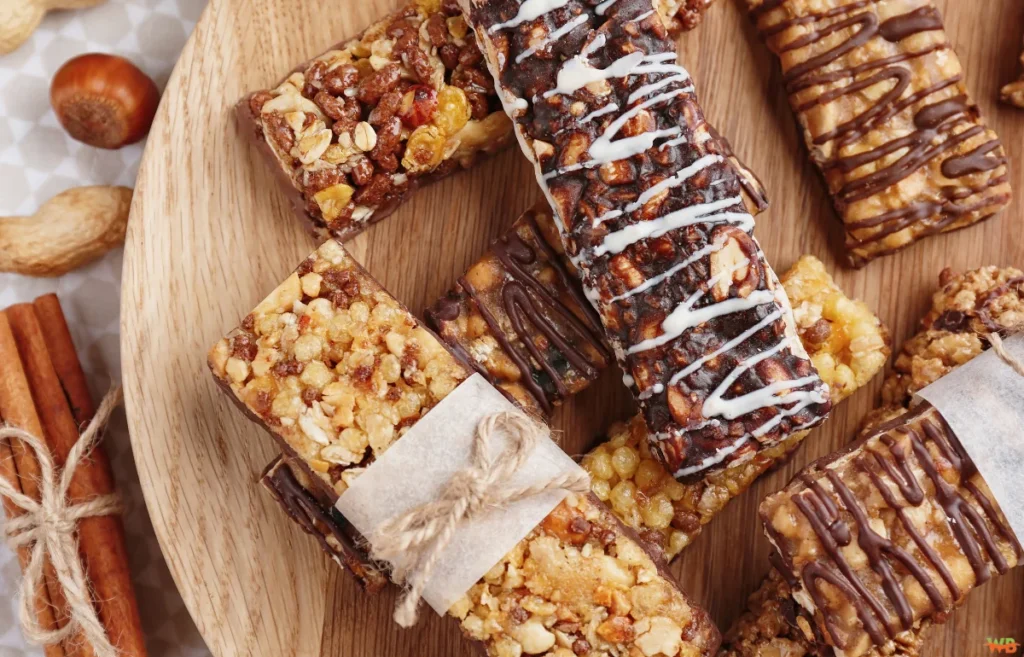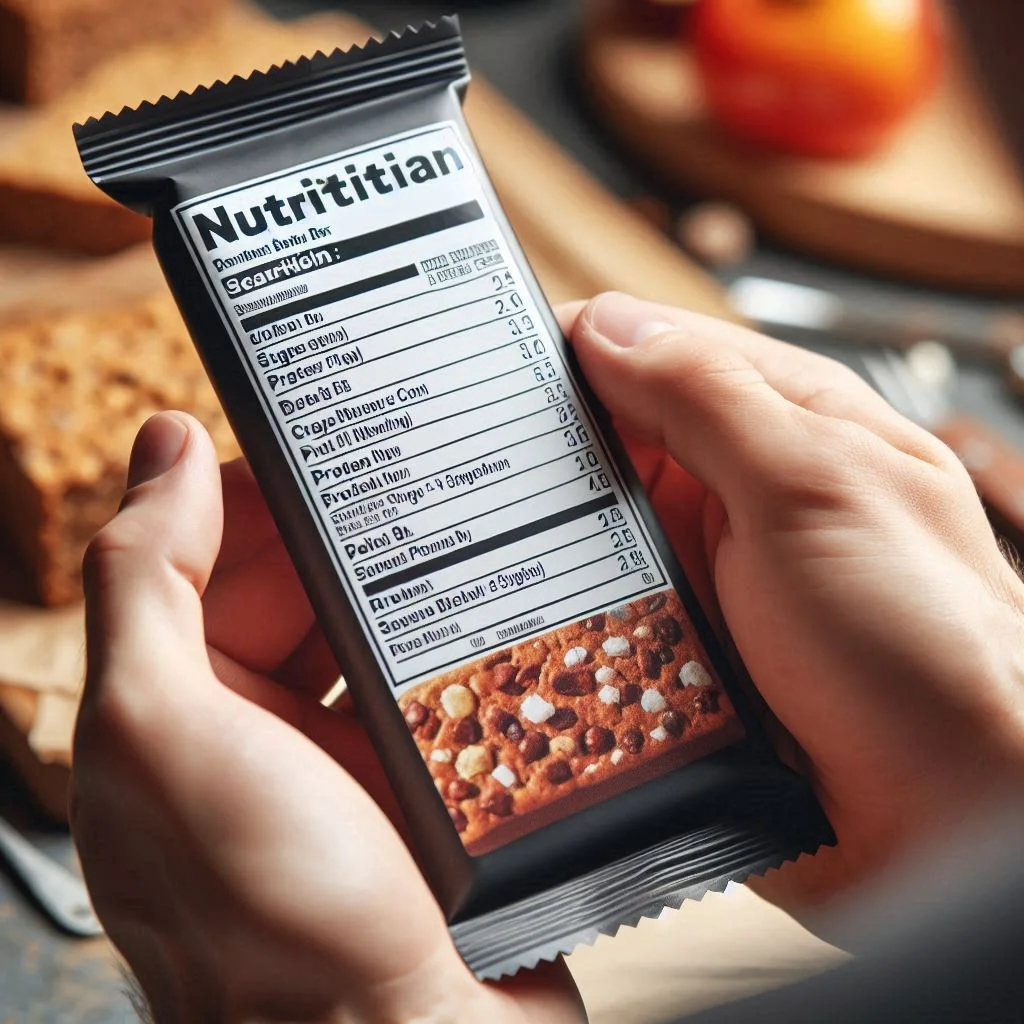
Visualize this: You’re halfway through your day, and your energy levels are beginning to drop. You need something quick, nutritious, and fulfilling that keeps you going. Enter dairy-free protein bars! Perfect for those with dairy intolerances or those choosing a plant-based diet, are a convenient solution to maintain energy and curb hunger. In this article, we’ll delve into the benefits of dairy-free protein bars, explore some of the best ingredients to look for, and share tips for making or choosing the right bar for you.
Why Choose Dairy-Free Protein Bars?
Dairy-free protein bars offer numerous advantages beyond catering to dietary restrictions. Let’s take a closer look at some compelling reasons to incorporate them into your diet.
Health Benefits
- Allergy-friendly: For those who are lactose intolerant or allergic to dairy, dairy-free protein bars eliminate the risk of adverse reactions.
- Gut health: Many find that dairy-free options sit more easily on the stomach, reducing bloating and discomfort.
- Balanced nutrition: These bars often contain a mix of proteins, healthy fats, and fibers that promote sustained energy release and appetite control.
Dairy-free protein bars provide just that without the common pitfalls of conventional snacks.
Environmental and Ethical Considerations
Many people turn to dairy-free protein and soy-free protein options due to environmental and ethical reasons. Reduce the carbon footprint and animal suffering associated with dairy farming by opting for plant-based alternatives.
Key Ingredients to Look For

When selecting a dairy-free protein bar, examining the ingredient list is critical to ensure it aligns with both dietary needs and taste preferences.
Types of Protein
- Pea Protein: This is a high-quality, complete protein that boasts all nine essential amino acids, making it comparable to whey.
- Brown Rice Protein: Offers a good source of essential amino acids and is easy on the digestive system.
- Hemp Protein: Rich in omega-3 fatty acids and fiber, hemp protein is another excellent option for a nutrient-dense bar.
Flavor Enhancers and Sweeteners
- Natural sweeteners like dates, agave syrup, or maple syrup can add sweetness without the spike in blood sugar.
- Spices like cinnamon or vanilla enhance flavor while providing additional health benefits.
Extras for Added Benefits
- Nut Butter: Almond or cashew butter can add healthy fats and a creamy texture.
- Chia Seeds: Omega-3 fatty acids, fiber, and antioxidants abound in these tiny seeds.
Making Your Own Dairy-Free Protein Bars
Aside from purchasing, creating your own protein bars can be both economical and rewarding.
- Gather Ingredients: Nut butter of choice, plant-based protein powder, dates or maple syrup, rolled oats, and any add-ins like nuts or seeds.
- Blend Base: In a food processor, mix the nut butter, sweetener, and a splash of plant milk until smooth.
- Combine and Shape: Add the dry ingredients and pulse until well-mixed. Shape into bars on parchment paper.
- Chill: Prior to slicing the mixture into bars, let it cool in the fridge for at least an hour.
Experimenting with flavors and ingredients allows for customization to suit personal preferences or nutritional needs.
What to Watch Out For When Buying

When opting for ready-made bars, it’s essential to be an informed consumer. Here are some tips:
- Read Labels: Ensure that the bar is truly dairy-free by checking the label for any milk-based ingredients.
- Assess Sugar Content: Opt for bars with lower sugar levels or natural sources of sweetness.
- Check Fiber and Protein Levels: A well-balanced bar should provide ample fiber and protein content for satiety and energy.
Conclusion: Why Dairy-Free Protein Bars Are a Great Choice
Dairy-free protein bars are a practical, nutritious snack for anyone looking to boost their energy while avoiding dairy. With a careful selection of ingredients, they offer a versatile and satisfying option for those on-the-go moments. Whether you choose to buy or make your own, understanding what makes a great dairy-free bar ensures you can indulge with confidence and enthusiasm. Next time you feel that midday slump, reach for a dairy-free protein bar and enjoy a snack that’s both delicious and nourishing.
FAQs
1- Can protein bars provide enough nutrition to replace a meal?
- Dairy-free protein bars without dairy can be a quick and easy way to replace meals, particularly if they are high in fiber and protein. However, for a more balanced option, consider pairing them with a piece of fruit or a small salad to ensure you’re getting all the necessary nutrients.
2- Are dairy-free protein bars suitable for people following a keto diet?
- Many of these bars are compatible with a keto diet, but it’s important to check the ingredients for high-carb additives like sugars and certain grains. Ensure the bars you choose are low in carbohydrates and rich in fats to support a keto lifestyle.
3- How long can dairy-free protein bars be stored?
- When stored in an airtight container, they can typically last for up to two weeks at room temperature. For longer storage, they can be kept in the fridge or even frozen for up to 3 months to maintain freshness.
4- Can protein bars be both gluten-free and suitable for various dietary needs?
- Yes, there are many that are also gluten-free. Be sure to check the label for certification, especially if you have celiac disease or gluten sensitivity, as some bars may contain trace amounts of gluten.
5- Can they help with post-workout recovery?
- Dairy-free protein without dairy can provide a satisfying post-workout snack, especially if it contains high-quality protein sources like hemp or pea protein. They can aid in muscle recovery and provide energy, but ensure that the bar contains sufficient protein and healthy fats to support your specific recovery needs.

